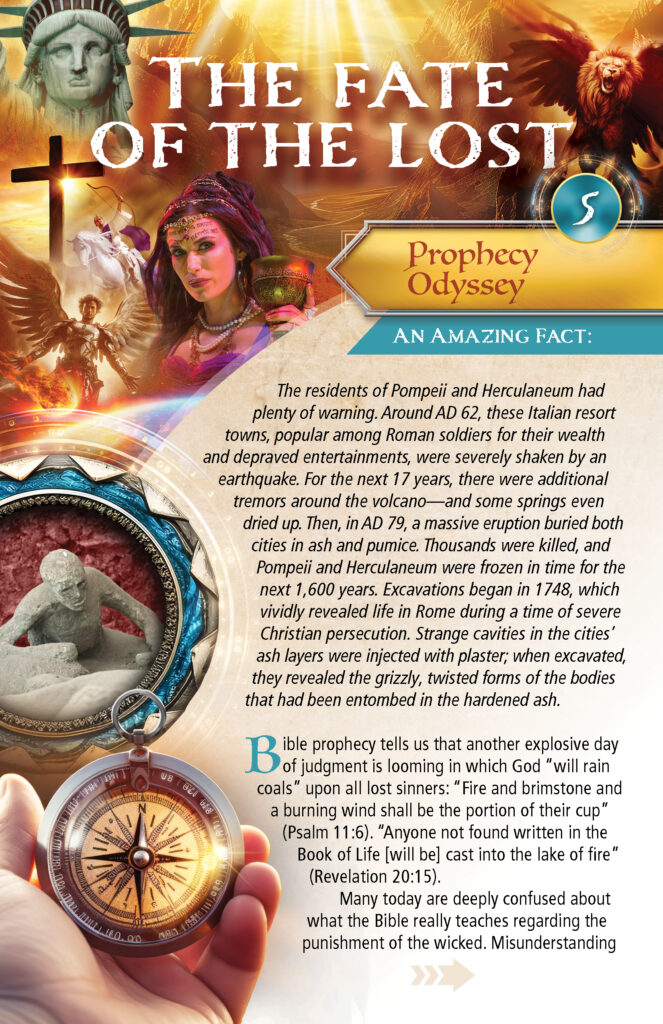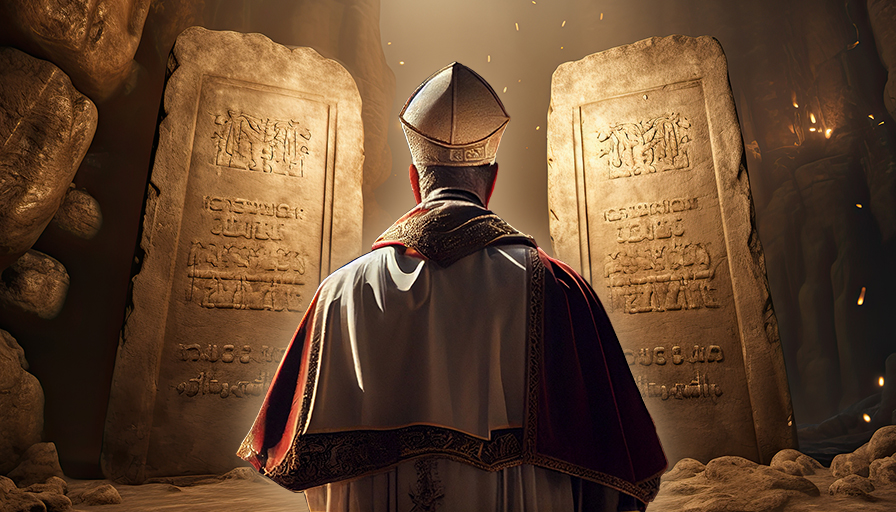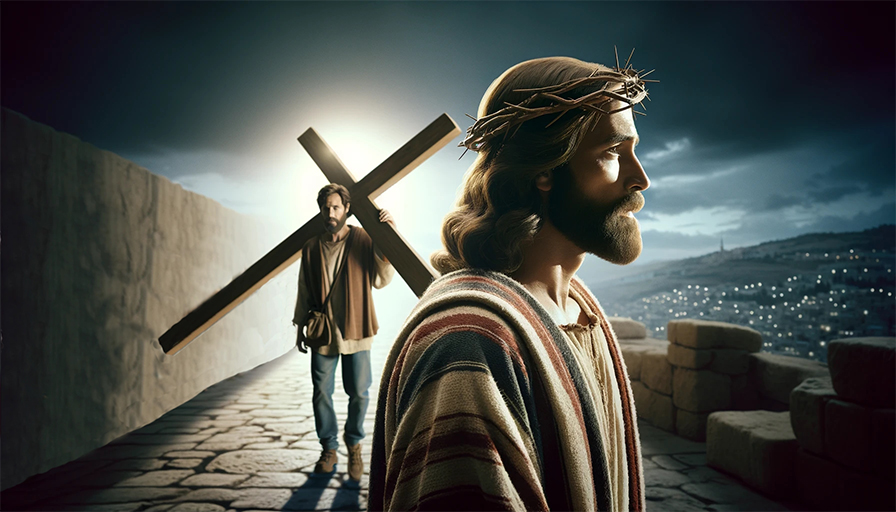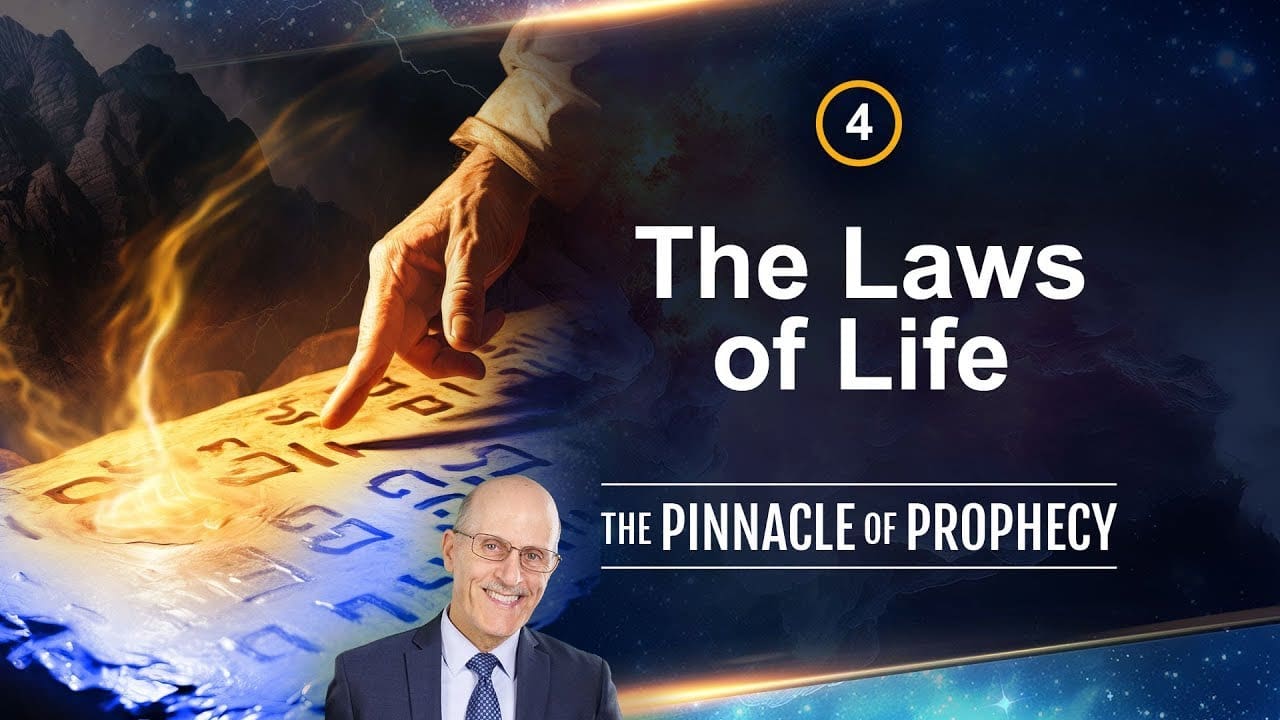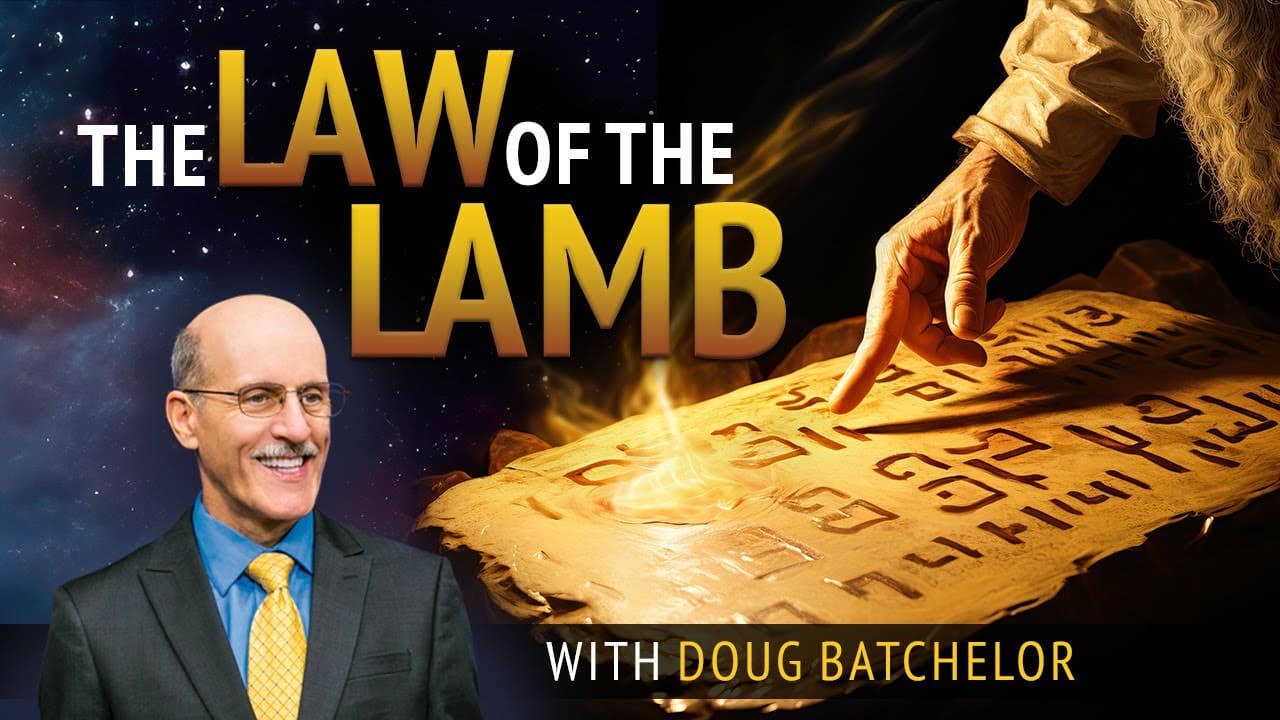How surprising it is that tradition often replaces authoritative truth in the minds of many sincere people. Statements that have been repeated for years gain approval simply because of their repeated authority. This is particularly true of religion. Unfortunately, the average Christian tends to study the Bible very little for themselves. Their convictions have been shaped by listening to their pastor explain religion. While there is nothing wrong with giving attention to the preacher, as Christians, we should put their preaching to the test of the Bible. The matter of eternal life is too important to trust the interpretations of any other person. We are advised to search the Scriptures and test the spirits. Consider the following texts: 1 Peter 3:15 states, “…be ready always to give an answer to every man that asketh you a reason of the hope that is in you with meekness and fear.” Another text, Isaiah 8:20, declares, “To the law and to the testimony: if they speak not according to this word, it is because there is no light in them.”
In the New Testament, a truly spiritual pastor will urge the congregation to study the Bible to test his message. No individual’s opinion holds much value, not even the best preachers. In fact, leading theologians are increasingly drifting away from the anchor of Bible truth. Therefore, it is vital for individual Christians to seek knowledge of Bible truth for themselves, allowing the Bible to explain and interpret itself. Each person must be able to provide an answer for their beliefs and practices. Unfortunately, the average church member can only defend their faith by saying, “Well, my preacher said it,” or “My church teaches that way.” It is astonishing how much religion is taken for granted.
Throughout generations, certain traditions have been ingrained, making them appear as sacred truth. Some common religious practices, however, cannot be found in the Bible at all. While most people think they are based on biblical references, they have actually heard misquoted texts and vague references. One of the strangest cases of this is the observance of Sunday by millions. After extensive search and study, leading churchmen now acknowledge that there is no biblical authority for this practice. The well-known Ten Commandments do indeed set aside a day for worship and rest, but that day is Saturday, the seventh day of the week, not Sunday, the first. The wording in Exodus 20:8-11 is clear: “Remember the sabbath day, to keep it holy. Six days shalt thou labour, and do all thy work: But the seventh day is the sabbath of the Lord thy God: in it thou shalt not do any work…”
It is evident that the seventh day, Saturday, is the specified day according to this text. The calendar confirms this fact. Saturday is the seventh day of the week. It is strange, then, that so many are keeping a different day than God specified. The explanation lies in church members accepting tradition without searching the Bible for themselves.
Regarding the observance of the Sabbath, it is crucial to know which day Jesus Himself observed. The Bible provides an unbiased and sincere account of this. In Luke 4:16, it is stated, “And he came to Nazareth, where he had been brought up: and, as his custom was, he went into the synagogue on the Sabbath day, and stood up for to read.”
Since most of the Christian world observes Sunday as a day of rest and worship, it is important to investigate the biblical authority for this practice. If the Scriptures teach Sunday-keeping, then it should be embraced. Therefore, a careful study of every mention of the first day of the week in the New Testament is necessary before making any decision. There are only eight references to Sunday. If there is any authority, it should appear in one of these Scripture texts.
The first mention is in Mark 16:9, which describes the resurrection of Jesus on the first day of the week. However, this account does not imply the establishment of a special day of rest. It just provides the historical record of Christ’s resurrection, forming the basis for the observance of Easter Sunday.
Luke 23:54-56; 24:1 recounts the events following the crucifixion, where the Sabbath was observed on the seventh day of the week, and the women returned to prepare spices for the burial on the next day, which was Sunday. It is important to note that the Sabbath and Sunday are distinct days.
Moving on to Matthew 28:1 and John 20:1, these verses also describe the events surrounding the resurrection day, but they do not provide evidence for Sunday-keeping.
In John 20:19, it is often misinterpreted that the disciples gathered on the first day of the week to celebrate the resurrection of Jesus. However, the context reveals that they were assembled out of fear behind locked doors, and Jesus appeared to them. This meeting was not a joyful memorial of the resurrection but rather an event characterized by fear and doubt.
The final text mentioning the first day of the week is Acts 20:7, where the disciples gathered to break bread. This was a special occasion before Paul’s departure, rather than a regular weekly worship service. It took place on what we would call Saturday night, and Paul continued preaching until the break of day. Following this meeting, Paul travelled on Sunday morning, indicating that it was not observed as a rest or holy day.
In conclusion, an examination of every text referring to the first day of the week in the New Testament reveals no evidence, either in command or example, for sanctifying Sunday as a day of rest or worship. The teachings and examples of Jesus and His disciples provide undeniable proof that the Sabbath, the seventh day of the week, was to be observed then and should be observed now. No change has ever been made to the day appointed by God for worship. Therefore, it is essential to have the Lord of the Sabbath in our hearts, allowing His love to guide us in keeping all His commandments, including the Sabbath.



